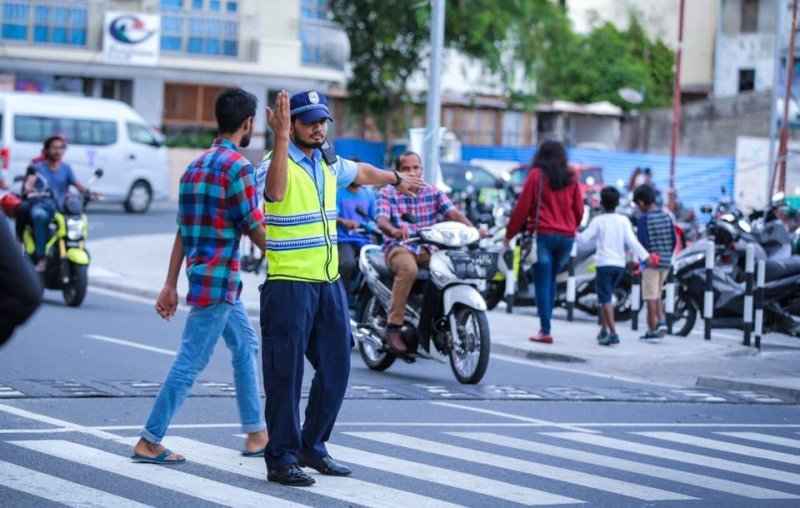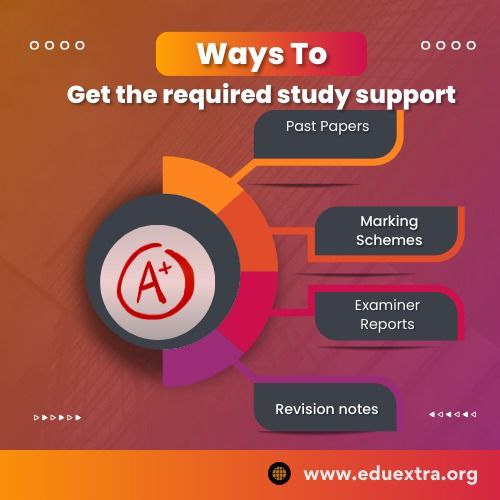
Is it time to lower the minimum driving age from 18 to 16 years?
It was in 2009 when the Maldives set its legal driving age limit to 18, which is also in complementarity to the legal age one has to take responsibility for their actions according to the Law of Maldives. Since then, 15 years have passed without any amendments being brought to the defined age limit. However, the social and economic landscape of the country has changed rapidly since then.
Maldives has a burgeoning youth demographic. It has been highlighted on various occasions, the lack of productivity of those between the ages of 16 and 18 years. This is when they usually finish secondary education. While statistics show a negligent number of students join higher secondary education, it is a known fact that there has not been enough effort placed to productively engage them in education, employment or training. This once again raises questions about whether individuals aged 16 to 18 are being overlooked in policy discussions.
In this context, it may be worthwhile to have a look at the practices worldwide. Several countries, including the United States and the United Kingdom, permit individuals to obtain a driving license for motorcycles at the age of 16. These countries argue that early exposure to responsible driving practices fosters better road safety awareness among young drivers. However, countries like Japan and Australia, maintain a higher minimum age requirement, emphasizing the need for maturity and experience before granting driving licenses. Many countries have also adopted a transitional approach. For instance, in the US and Canada, there is a provisional license which puts restrictions on driving unsupervised, driving at night and carrying passengers etc. In the UK, the provisional license comes with mandatory regulations such as displaying L plates and being accompanied by a licensed driver. New Zealand has a graduated licensing system that starts with a learner license, followed by a restricted license, and then a full license. Each stage comes with its own set of restrictions and requirements.
While various approaches can be adopted in this regard, it is also vital to look at the needs of our societies. One-third of our population lives in Male’ City. While everywhere in Male’ is within walking distance, the lack of pedestrian-friendly roads, and the hustling bustling life has resulted in many preferring to drive motorcycles. On the other hand, in outer islands, there are limitations in obtaining the license. And the lack of a proper public transport system makes it a necessity to find alternatives.
The lack of enforceable laws and regulations raises concerns about road safety. According to the crime statistics revealed by the Maldives Police Service, it was reported that there were 2552 traffic accidents in 2008, and it remains at 2299 in 2023, which also raises the question of what remains unresolved to bring down the numbers in 15 years. Whether these violations arise from issues such as inadequate licensing, speeding, or reckless driving is worrisome. It's worth noting that despite numerous systemic changes and regulatory measures implemented in recent years to address road violations – including the establishment of a dedicated traffic police department, its integration into the community policing initiatives, the introduction of traffic lights, speed enforcement technologies, and the presence of uniformed police officers on roads – the statistics have remained unchanged.
Advocates of lowering the minimum driving age argue that lowering the age limit would address the transportation needs of the young, both in cities and outer islands, providing them with increased mobility and access to services. Moreover, they suggest that early exposure to driving could lead to greater responsibility and better adherence to traffic laws. Despite these potential benefits, critics also raise valid concerns about road safety and the increased risk of accidents involving inexperienced drivers.
There is no doubt that regardless of any change in the policy to amend the licensing age, there is a need to enforce regulations to bring down the crime statistics numbers relevant to traffic violations. Crucial monitoring, stringent enforcement measures, review and reform of licensing mechanisms, and extensive driver education are much needed, especially when considering changes in the driving age, to prevent reckless behaviour on the roads, ultimately prioritizing the safety and well-being of all road users.


